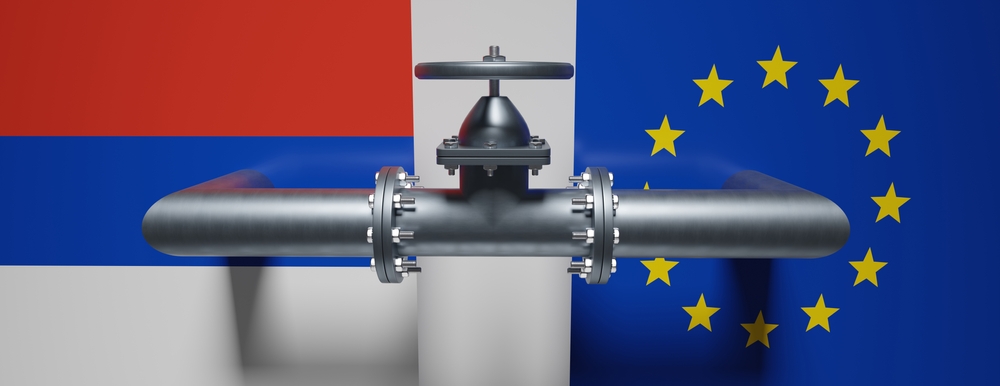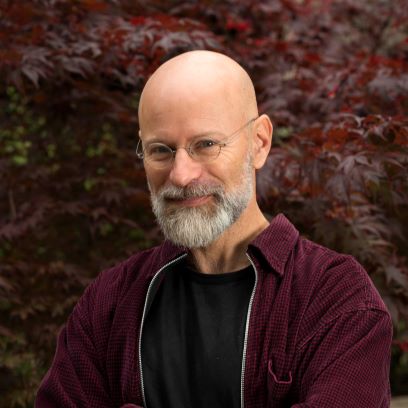Carlsen, Co-Director of Mistra Geopolitics, appeared in SVT Agenda to talk about Nord Stream, the hybrid war and how Russia can benefit from climate change – especially in terms of agriculture and food supply.
In response to the security situation and after the attacks on the Nord Stream pipelines, SVT Agenda featured a programme with Henrik Carlsen and other experts from the Swedish Government, including Sweden’s Foreign Minister Ann Linde (S).
He called for a broad and long-term multi-dimensional perspective on connected risks, where climate effects is only one part of the equation.
“It is important to consider the fact that Germany and Russia built the Nord Stream pipelines through the Baltic Sea both in the long-term perspective and as an overall energy and security topic. The timing of this issue is crucial and challenging,” said Henrik Carlsen on the programme.

Carlsen continued: “It is very important to have a long-term perspective on these crucial energy transformational issues. Most German politicians are aware of and agree on the fact that climate action is needed. Russia, on the other hand, takes every opportunity to expand their power with their means they have available, where the energy crisis is one area.”
“In the Russian case, according to Carlsen, climate change could mean that larger areas will be utilized for agriculture and food production. In fact, the Russian climate plan agreed on in January 2022 explicitly says that the country should utilize the future possibility of a more favourable climate for agriculture.
Featured

Henrik Carlsen

Ylva Rylander
Media interview with Henrik Carlsen, Co-Director of Mistra Geopolitics, by SVT Agenda. Translation and editing by Ylva Rylander, Communications Officer for Mistra Geopolitics at SEI.



